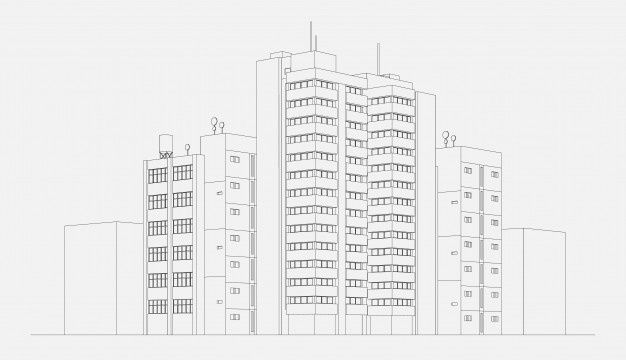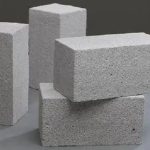
Fiber reinforced concrete is a type of concrete that includes fibrous substances that increase its structural strength and cohesion. Fiber reinforced concrete has small distinct fibers that are homogeneously dispersed and oriented haphazardly. Fibers used are steel fibers, synthetic fibers, glass fibers, and natural fibers. The characteristics of fiber reinforced concrete are changed by the alteration of certain factors: type and quantity of fibers, geometric configuration, dispersal, direction, and concentration.
Why Fiber Reinforced Concrete Is Used
Portland cement concrete is believed to be a comparatively brittle substance. When un-reinforced concrete is exposed to tensile stresses, it is likely to fracture and fail. Since the beginning of the nineteenth century, studies were conducted to reinforce concrete by using steel. After the reinforcement of concrete by steel, it becomes a composite group in which the steel endures the tensile stresses. When concrete is reinforced by using fiber in the mixture, it further increases the tensile strength of the composite system. Research has revealed that the strength of concrete may be improved tremendously by the addition of fiber reinforcing. Since the stretching ability under load of reinforcing fiber is greater than concrete, initially the composite system will function as un-reinforced concrete. However, with additional loading the fiber reinforcing will be activated, to hold the concrete mix together.
Characteristics Of Fiber Reinforced Concrete
The characteristics of concrete depend upon the:
§ type of fiber utilized
§ volume proportion of the fiber
§ ratio of length of the fiber
§ diameter of the fiber
§ dispersal, direction and concentration of fibers
These conditions will improve the mechanical properties, including toughness, ductility, tensile strength, shear resistance and loading limit of the fiber reinforced concrete.
Materials Used for Fiber Reinforcement
Materials used for fiber reinforcement include steel, glass, polyester, rayon, cotton, and polythene. Most commonly used materials are: steel (Steel Fiber Reinforced Concrete) and glass fibers (Glass Fiber Reinforced Concrete or GFRC) that are acid resisting.
Natural fibers being vulnerable to alkali attack are not much popular. Similarly, plastic fibers have recently been introduced in the field of reinforcement and are still in the development phase. It is considered that the contribution of plastic fibers in increasing the static strength of concrete is limited. Nylon fibers have the characteristics of a plastic material, and presently have a limited application in the slab technology. It is generally believed that nylon fibers possess strength that is greater than the welded wire fabric in such slabs.



Comments are closed